HEALTH BENEFITS

WHICH TEA IS HEALTHIEST?
DIFFERENT ANTIOXIDANTS
Different types of tea contain different types of antioxidants, so, just as you wouldn't eat only one kind of vegetable, drinking a variety of teas may provide an increased spectrum of healthy benefits.
Although more clinical studies are required to establish the true physiological relevance of tea’s antioxidants, it appears that green tea’s catechins are especially suited for cancer prevention, immune system function and anti-aging, while black tea’s theaflavins and thearubigins may prevent heart disease and have positive effects on the cardiovascular system.
HIGHEST LEVEL OF ANTIOXIDANTS
Although green and white teas are reported to have the highest levels of antioxidants, all true teas are rich in antioxidants and health-promoting properties. Regardless of which tea you choose, you really can't go wrong.
PERSONAL TASTE
Because green, black, white and oolong tea all come from the same plant, the benefits are going to be similar overall. We encourage customers to select teas based on personal taste. After all, the tea that is healthiest for you is the one you will drink the most!

Because they come from the same plant, all true teas are rich in antioxidants and health-promoting properties. We encourage customers to select teas based on personal taste. After all, the tea that is healthiest for you is the one you will drink the most!
HOW MANY CUPS SHOULD YOU DRINK A DAY?
Most research that shows a link between tea and health is based on regular, daily tea-drinking of around 2-5 cups per day. However, multiple studies have shown benefits from as little as single cup.
FRESH IS BEST
Freshness also matters. Studies suggest that tea (and, in fact, any fresh fruit or vegetable) may lose vitamins and antioxidants over time. To keep tea fresh, we recommend that you always:
- Purchase tea from a trusted supplier to ensure you are getting the freshest crop possible.
- Store tea properly. Avoid plastic or glass or any packaging that does not provide an adequate barrier against light, heat or moisture.
- Avoid “fannings” or tea dust (this is the lowest grade of tea, used in commercial tea bags) since the increased surface-to-air ratio makes it go stale much faster. Also, commercial tea bag's standard paper and plastic packaging does little to help. In addition to the use of low-grade tea, poor freshness is one of the reasons tea bags get a bad reputation.
- Always drink tea when it is freshly prepared. Iced tea shouldn’t be kept for longer than 24 hours in the fridge and should be made fresh rather than buying it pre-made in bottles. In fact, according to the USDA’s report on the antioxidant content of food, fresh iced tea contains 20 times more antioxidants than bottled or canned iced tea.
- Also, make sure your teas are made with natural ingredients and pure essential oils; many teas are made with pesticides and artificial flavors. All of the teas in the Octavia line are made with high-quality natural and organic ingredients.
 Pouring a Cup of Green Tea
Pouring a Cup of Green Tea
Scientific studies suggest that catechins (antioxidants found in green tea) are especially suited for cancer prevention, immune system function and anti-aging, while theaflavins and thearubigins (antioxidants found in black tea) may prevent heart disease and have positive effects on the cardiovascular system.
SCIENTIFIC RESEARCH
Hardly a week goes by without news of yet another scientific study suggesting potent health benefits in a cup of tea.
For the most part, studies conducted on green and black tea (which are both from the Camellia sinensis plant) yield similar results. Although research often focuses on tea’s antioxidants, tea's health benefits may operate through a number of different mechanisms still being explored.
Research suggest that regular tea drinking may reduce the risk of cancer, heart disease, stroke, diabetes and neuro-degenerative disorders. Tea may also lower cholesterol, reduce anxiety, improve mood, boost immune system functioning, aid weight loss and even slow the aging process.
According to scientific studies, regular tea-drinking may:
- Reduce the risk of heart attack by 44%
(Harvard study) - Lower bad LDL cholesterol by up to 11%
(The Journal of Nutrition) - Lower the risk of developing high blood pressure
(Archives of Internal Medicine) - Aid weight-loss and burn fat
(American Journal of Clinical Nutrition) - Prevent the accumulation of abdominal fat
(The International Journal of Obesity) - Combat arthritis and improve bone density
(Health Magazine) - Lower risk of cancer and kill cancer cells
(Consumer Reports) - Reduce the risk of breast cancer
(Cancer Epidemiology Biomarkers and Prevention) - Lower the risk of developing lung cancer
(Prevention) - Lower stress hormone levels in the body
(Medical News Today) - Improve mood and reduce anxiety
(American Journal of Clinical Nutrition) - Strengthen the body’s immune system
(Proceedings of the National Academy of Sciences) - Reduce wrinkles and physical signs of aging in the skin
(Science Daily) - Modify the metabolism to detoxify harmful chemicals
(WebMD) - Slow age-related decline in brain function
(American Journal of Clinical Nutrition) - Fight bad breath and allergies
(Web MD) - Regulate blood sugar and reduce the risk of diabetes
(Newsweek) - Reduce inflammation and slow cartilage breakdown
(Journal of Nutrition) - Increase bone density and reduce the risk of osteoporosis
(American Journal of Clinical Nutrition)


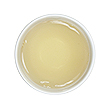
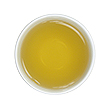
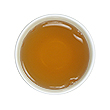
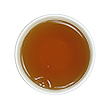
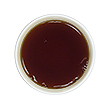
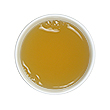
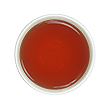
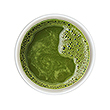

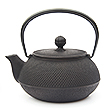
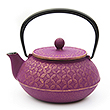
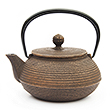




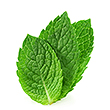




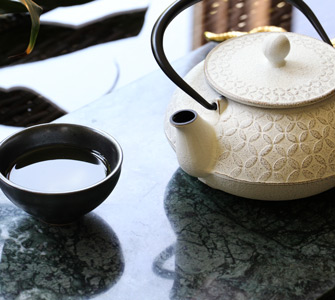
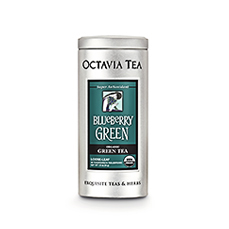
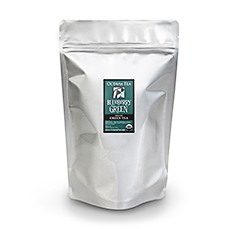
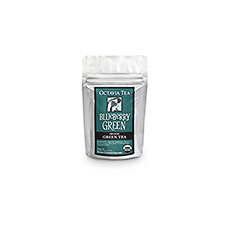
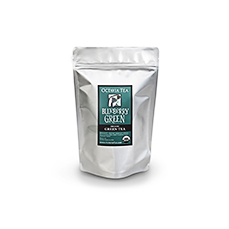

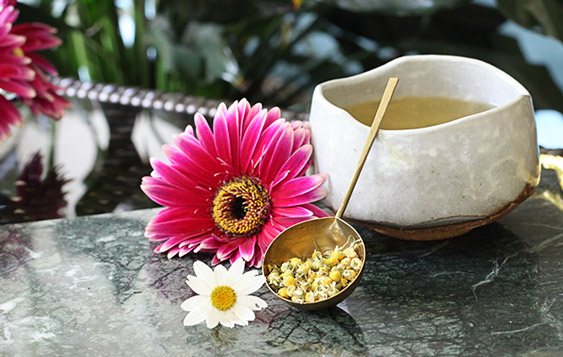







Octavia Tea Sign In
Create New Account